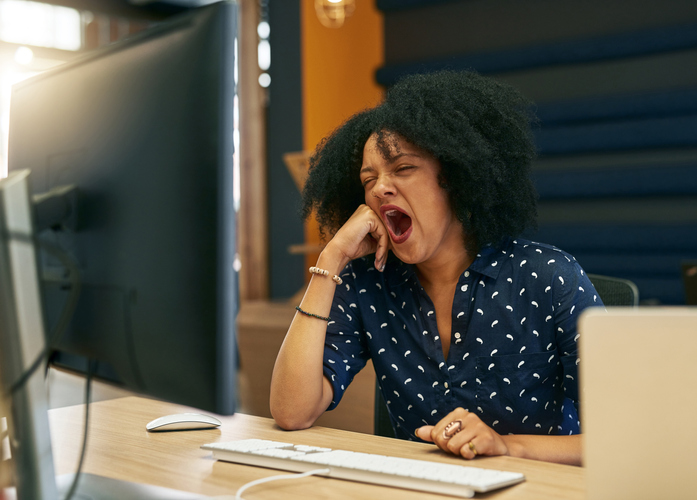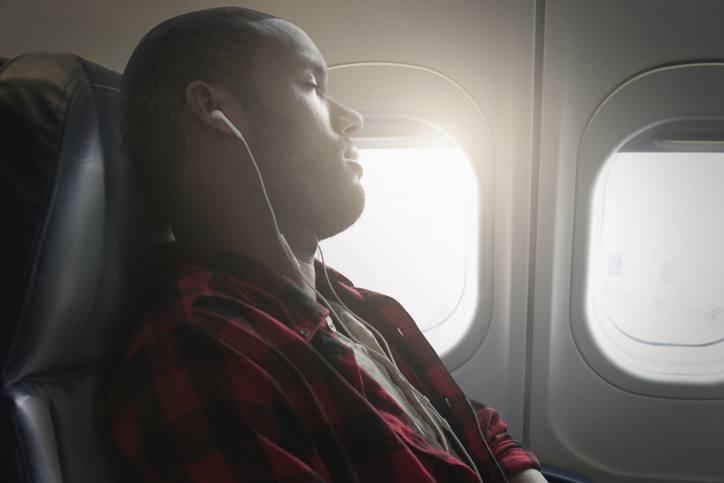Jet lag can be a drag. From daytime fatigue and moodiness to stomach issues and difficulty concentrating, the symptoms of this disorder can take away from the magical experience of travel. There are a lot of myths and misunderstandings about jet lag, causing people to try to remedy their symptoms in the wrong ways. Here are a few to take note of, as well as the facts to make sure you get it right on your next long-haul flight.
RELATED: JetBlue Is Bringing Meditation Sessions To the Sky
Myth: Lack of Sleep Causes Jet Lag
Many people believe that jet lag is caused by a lack of sleep and try to remedy this by forcing themselves to stay awake so they fall asleep at a decent time or by forcing themselves to nap. The truth is, jet lag is caused when our internal clock does not align with the actual time clock at your destination. You can try to slowly shift your eating and sleeping schedule before you leave to try to combat jet lag.

Myth: Cocktails on the Plane Will Help You Sleep
Cocktails may make you sleepy, but your internal clock will not adjust until you have acclimated to your new destination. Alcohol can also dehydrate you which can make the symptoms of jet lag even worse.
Myth: Book a Red-Eye Flight
Some people may be good at sleeping on planes, but for most of us, airplanes are a terrible place to try to get a good night’s sleep.
“One of the easiest ways to avoid some of the symptoms of jet lag is to book daytime flights, instead of overnight travel,” writes Melissa Locker in Travel + Leisure. “That way when you land, you can simply eat dinner and head to bed within a few hours of landing, instead of forcing yourself to stay up all day with no sleep.”

RELATED: 9 Travel Hacks For Overcoming Jetlag
Myth: Jet Lag is Unavoidable
There are scientifically proven ways to combat jet lag. Hydration, melatonin, and natural light are just a few.
“There are a lot of things that influence that internal clock, but light and melatonin are the two most important ones,” writes Dr. Bazil in Travel + Leisure. “Take melatonin when you want to go to bed, use bright light when you want to stay up or get up.





